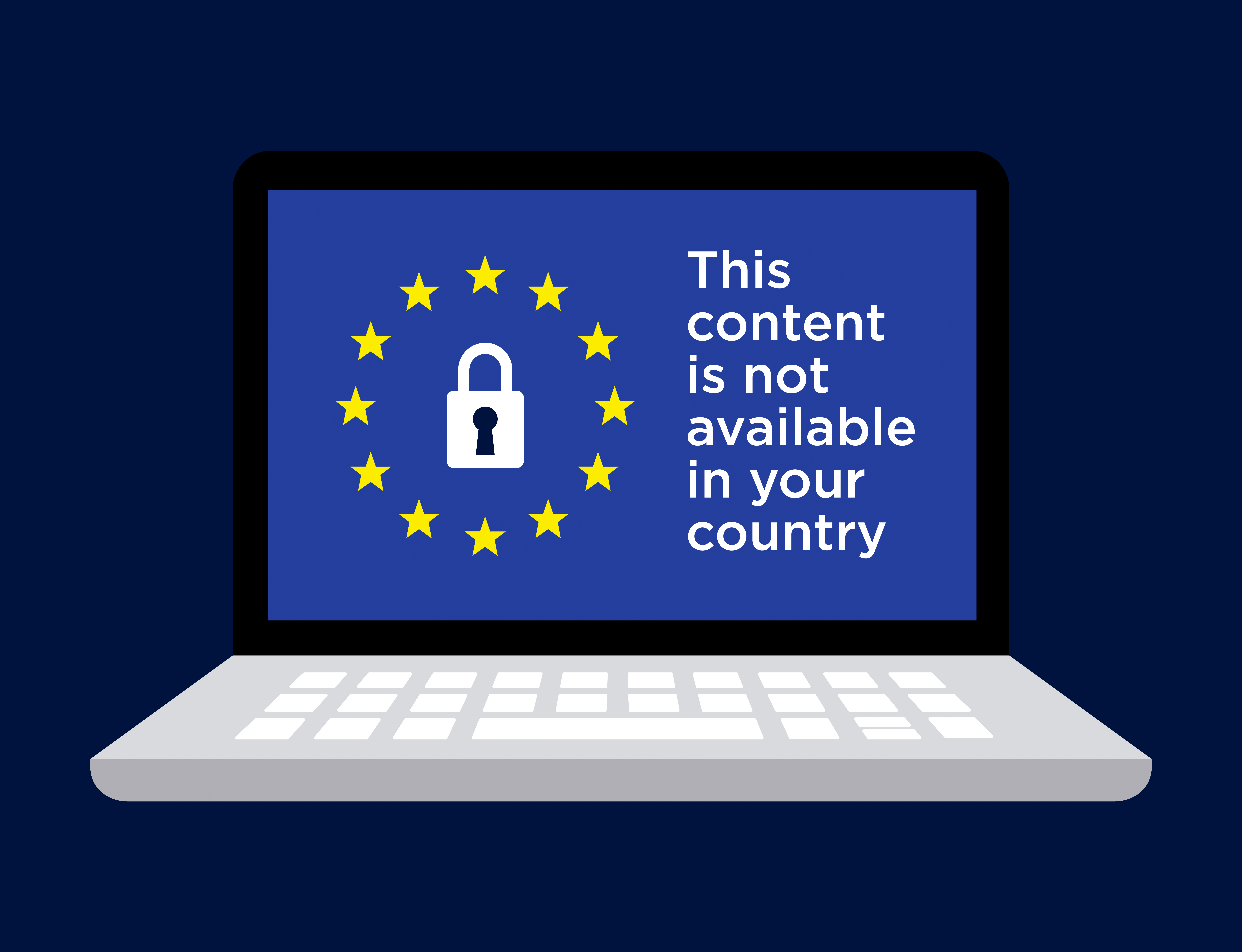The government is always a threat. This we must never forget.
In that light, I want to examine the recent U.S. Supreme Court ruling in Trump v. CASA, the 6-3 decision that sided with the Trump administration’s position that a federal district court exceeded its congressional authority when it issued a temporary nationwide, or universal, injunction against Trump’s executive order redefining the post-Civil War 14th Amendment clause that affirms birthright citizenship.
The Supreme Court did not rule on the legality of that executive order. Rather, it ruled that the district court’s temporary injunction against a “likely illegal” government action can apply only to the plaintiffs in the particular case and to no one else.
I will not comment on the ruling as a constitutional lawyer because I am not a constitutional lawyer (or any other kind of lawyer). Rather, I will look at the ruling as a libertarian, that is, as someone who believes that individual rights predate any government, as the Declaration of Independence states, and that, therefore, tight limits on government power are good. In general, when a federal district court rules that the government may not do something, pending final disposition of the case, that is a win for our rights to life, liberty, and the pursuit of happiness, which we theoretically celebrate today, July 4. Of course, under the American system, the executive branch may appeal federal court rulings it does not like to the next judicial level. Whatever the outcome, one of the parties may then ask the Supreme Court for a final ruling.
In certain cases, a lower court can issue a temporary preliminary injunction against a government action if the plaintiff persuades the judge that the executive branch has “likely” exceeded its delegated power and that the exercise of such power (say, deportation) would significantly harm the plaintiff. The injunction stays the government’s hand pending appeal. The issue in Trump v. CASA is whether an injunction issued against Trump’s ordered reversal of the Constitution on birthright citizenship applies to everyone in the country or only to the parties that brought the case.
Regardless of the current law or the legal history, a libertarian knows what the law ought to be. A preliminary injunction against the exercise of a particular power should apply nationwide. How could it be otherwise? The executive branch has two chances to reverse the lower court, but in the meantime, it should be barred from exercising the power. In other words, the presumption of liberty must be paramount. Any burden should be on the executive who wishes to restrict the activities and status of peaceful individuals. That burden should never be on the people.
Without nationwide injunctions, we could end up with a constitutional provision that applies to one or two people but not to anyone else. A president satisfied with that situation would abstain from appealing precisely to avoid an adverse nationwide ruling. That would be screwy. In effect, we’d have more than one constitution.
To address the situation, every potentially affected individual in the country would have to bring his own case. Think of the cost! Alternatively, affected individuals could potentially combine in a class-action suit, but neither of these is a good solution. Before filing a suit, a class must fulfill certification requirements, and that is no sure thing. Certification could be challenged by the defendant, that is, the president. (Other workarounds exist, but they have similar problems.)
The basic objection to the ruling is that barring nationwide injunctions substantially and unreasonably raises the cost of public challenges to government power. That is wrong on principle. The presumption of liberty dictates that such a burden should always be the government’s.
In Dependent on D.C.: The Rise of Federal Control over the Lives of Ordinary Americans (2003), Charlotte A. Twight deployed history and theory to show that, over many years, the U.S. government has systematically made the public’s ability to monitor and challenge the government prohibitively expensive. So much for “democracy.”
As I’ve written about Twight’s book:
Twight’s thesis is that the people who run the government have a long list of ways to raise the “political transaction costs” that the taxpayers would have to overcome to keep the state in check….
As Twight puts it: [Political transaction costs] “are the costs to each of us of perceiving, and acting upon our assessment of, the net costs of particular governmental actions and authority.” Besides the inevitable and built-in transaction costs entailed by government, there are also “contrived” costs, that is, those “deliberately created by government officials to increase our costs of assessing and responding to government policies.” The array of devices to raise these costs ranges from needless complexity and secrecy to outright lying. These devices have one thing in common: they obscure the government’s activities, making it difficult to impossible to see what the state is up to. As a result, most people perceive that even trying to lift the government’s veil is essentially futile.
Trump’s team contends that nationwide injunctions grind its agenda to a halt, possibly for years, as cases wend their way through the appeals process. That’s good, no matter who the president is. But if that’s a problem, it should be addressed by changing the procedures according to which “urgent” cases headed to the Supreme Court are expedited.
The U.S. Constitution was theoretically intended to limit government power on behalf of a free society. How has that worked out? (For a fuller story, see my America’s Counter-Revolution: The Constitution Revisited.) As things now stand, a president can get away with unilaterally amending the Constitution. Something’s wrong here.
The upshot is that the ruling in Trump v. CASA is a blow to freedom. Trump again shows his disdain for individual rights and the rule of law. Six justices have his back.
(See Ilya Somin’s “A Bad Decision on Nationwide Injunctions.”)

































